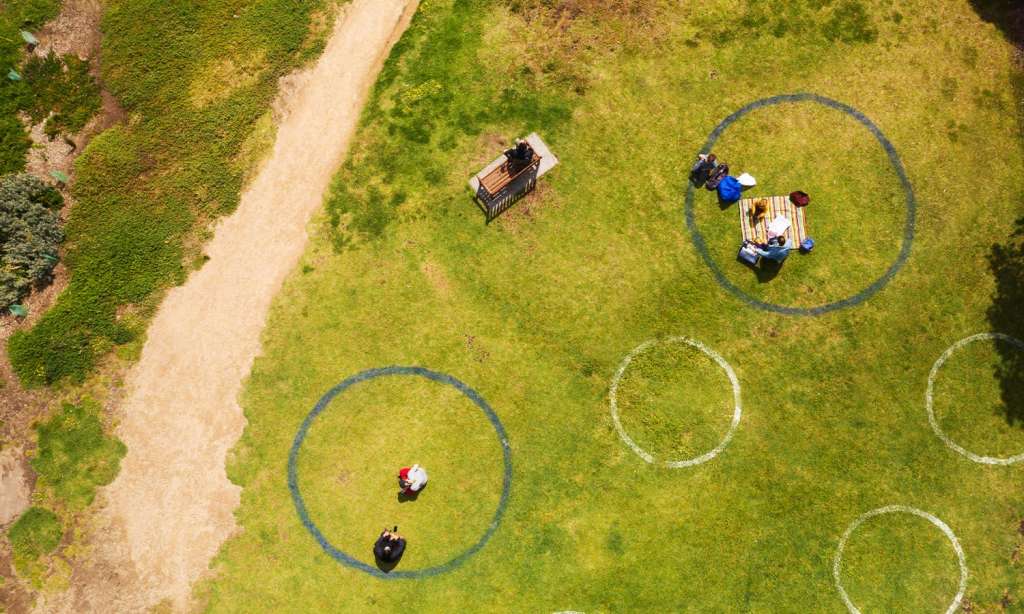The federal government has come up with a unified definition of what exactly a close contact is after an emergency national cabinet meeting to deal with the rising omicron outbreak and the chaos around COVID-19 testing.
National daily case figures topped 20,000 on 30 December, and calls for national action to stem the outbreak have been growing. However, national leaders appear to have taken the opposite approach, further relaxing measures around COVID restrictions.
A close contact will now be classified as someone who has spent four or more hours with a confirmed case in a household or “household-like” setting.
Those people will now only be required to quarantine for seven days and can take a PCR or a rapid antigen test on day six. If that test is negative, they will be allowed to leave isolation on day seven after their initial test.
Close contacts will still be required to take a PCR test after their initial exposure, however.
The new rules cut the isolation requirements for almost all states from 10-14 days down to just seven. These measures will come into effect in New South Wales, Victoria, Queensland, and the ACT at midnight tonight.
While South Australia is adopting the federal definition of close contact, they won’t be changing their 10-day isolation requirements for close contacts.
Tasmania will bring in the new measures on 1 January while Western Australia and the Northern Territory are expected to make announcements over the coming days as to when they’ll adopt the same measures.
Speaking to the media, Prime Minister Scott Morrison said that those who are asymptomatic will have to isolate and take a rapid antigen test. If that test is negative, they must still isolate for seven days. If it’s positive, they will have to get a PCR test to confirm the results.
When asked if he was confident that this change would not lead to a rise in deaths, Morrison said that he is confident “that this is the best way to manage the Omicron pandemic”.
“That is what I am confident about,” Morrison said.
Chief Medical Officer Paul Kelly said that while omicron is clearly highly transmissible, he believes that it is in fact “less severe.”
“It is a different virus, very different from previous versions of the virus we have seen over the last two years,” he said.
“What is the difference? We know it is very transmissible … and is transmitting fast in the community as we have seen, 110,000 active cases now in Australia and that is continuing to rise. I expect it will continue to rise”.
Morrison confirmed that the new measures apply retroactively to those who are currently isolating or considered close contacts so, if you’re stuck at home, you’ll be able to leave if you’re negative from tomorrow and it’s been more than seven days since exposure.
The Australian Medical Association has criticised the proposal, arguing it could accelerate the outbreak.
Read more stories from The Latch and subscribe to our email newsletter.

